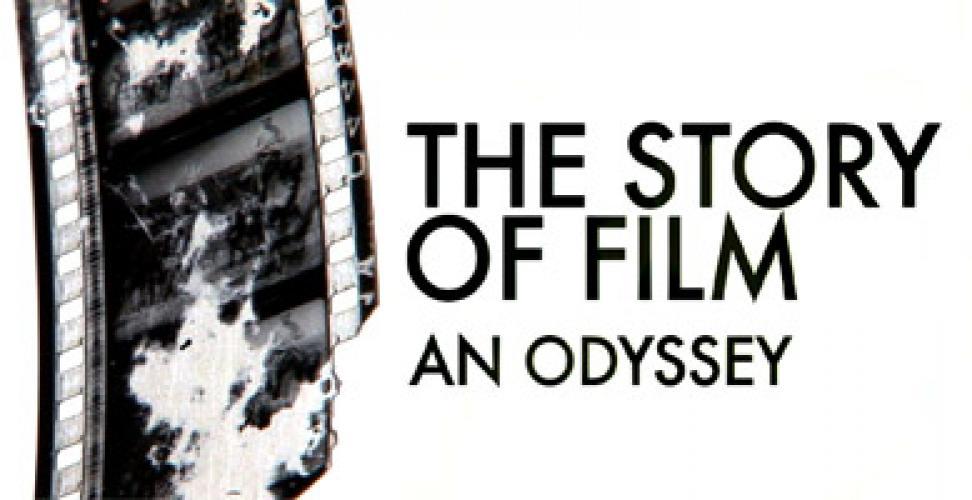Cousins' fifteen-hour documentary, based on his 2005 book of the same name and nominally dedicated to what he describes in its DVD booklet as 'the history of innovation in the movies,' is airing in fifteen installments this fall on Turner Classic Movies. It might be worth asking why. Turner's June press release heralding this Fall programing coup described 'The Story of Film' as a 'bold 15-part love letter to the movies,' and TCM senior vice president of programming Charles Tabesh raved, 'Mark Cousin's 'The Story of Film: An Odyssey' is a fascinating, brilliant documentary series that takes viewers beyond Hollywood to trace the history of cinema on a global scale, and it offers us the perfect opportunity to explore an incredibly broad range of films from around the world. With TCM in its 20th year, this is the ideal time to exhibit this important series, curated with an expansive lineup that includes well-known and highly acclaimed masterpieces, along with underappreciated, yet important and influential films. More than anything we've ever done before, this 15-week event represents TCM's deep commitment to the history and celebration of film.'
The Story of Film: An Odyssey is an unprecedented cinematic event, an epic journey through the history of world cinema that is a treat for movie lovers around the globe. Guided by film historian Mark Cousins, this bold 15-part love letter to the movies begins with the invention of motion pictures at the end of the 19th century and concludes. The opening of THE STORY OF FILM: AN ODYSSEY shows the birth of a great new art form: the movies. We see how Hollywood became a glittering entertainment industry and how star directors like Charlie Chaplin and Buster Keaton emerged in the roaring twenties. Then we visit Paris, Berlin, Moscow, Shanghai and Tokyo to discover the places where.
Tabesh may have a rooting interest in the film's success, but he's not alone in his praise. The New York Times' A.O. Scott, reviewing the film when it played at the Museum of Modern Art in 2012, described it as 'exemplary, useful and sometimes thrilling.' In Newsday, Diane Werts previewed the TCM airing and called the movie 'revelatory and arousing.' And critic Shawn Levy (author of many a brilliant pop culture history himself) opined that, despite occasional repetitive lapses and moments when 'Cousins' preferences and biases puzzle and even irritate,' 'The Story of Film' is still 'smart, entertaining, illuminating and addictive viewing…a tour through a museum with a deeply passionate and engaging guide.' The documentary played at the 2011 Toronto International Film Festival, and received a DVD release from Music Box Films in 2012, an imposing five-disc slab of a box with a 43-page booklet exhaustively detailing the film's production and reception. It's all enough to cast Cousins' cri de coeur about film history—'The playing field is not level. The bullies with massive marketing budgets force their movies on us, whether they are good or not, thus restricting our choice'—in an unintentionally ironic light.


The History Of Film

Story Of Film An Odyssey Download
And make no mistake—the maverick outsider image is central to both the structure and the marketing of 'The Story of Film.' The movie's desire to de-center America and Europe as the centers of film history is admirable, and its research work is impressive, but its constant, back-patting insistence that any of this is radical is a reminder that nothing dates faster than revolution. Judy Balaban, daughter of Paramount studio executive Barney Balaban and one-time wife of Montgomery Clift, is interviewed about HUAC in the film, but in doing so, manages to put her finger on the problem with Cousins' methodology: 'I look at periods where the movies seem to be ahead of everything, and then there are periods where they seem to be behind everything else in the world.'